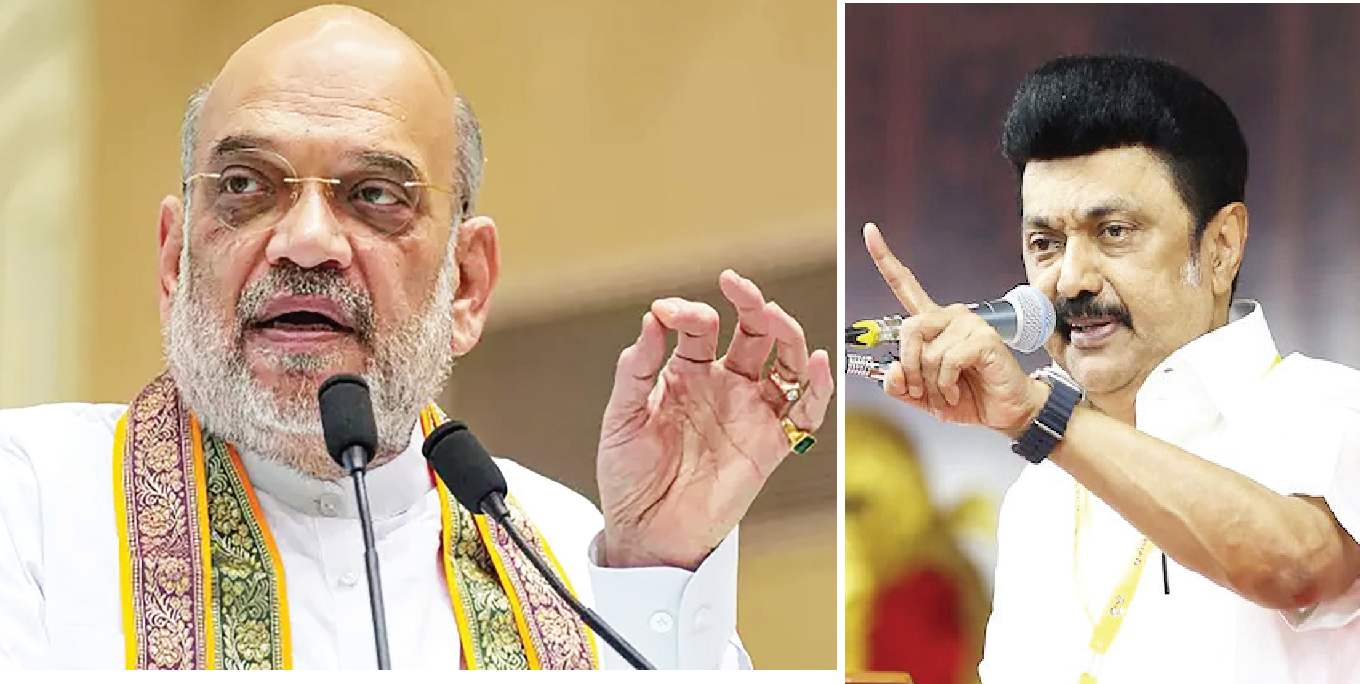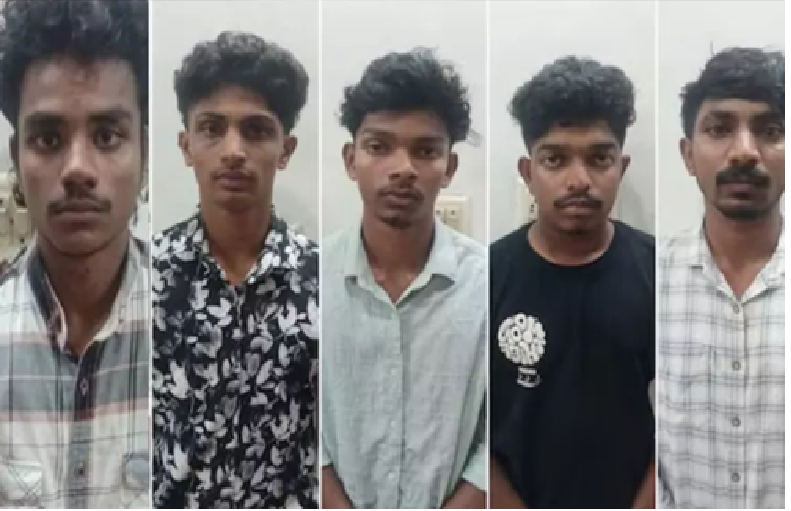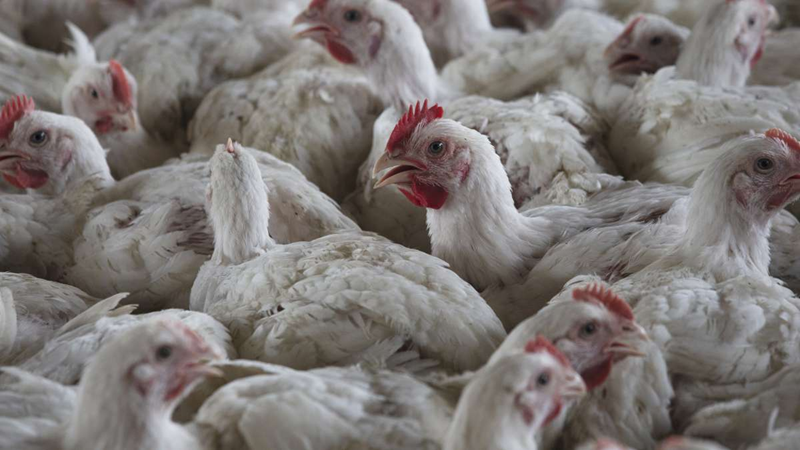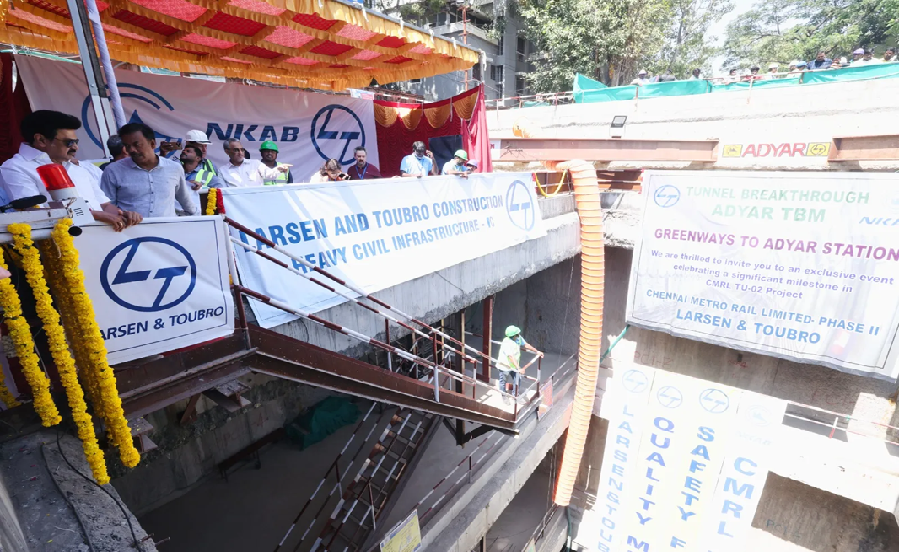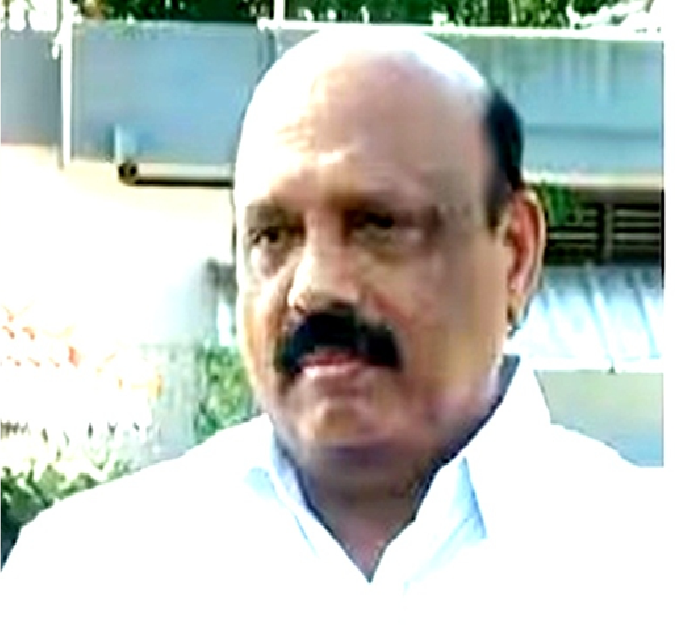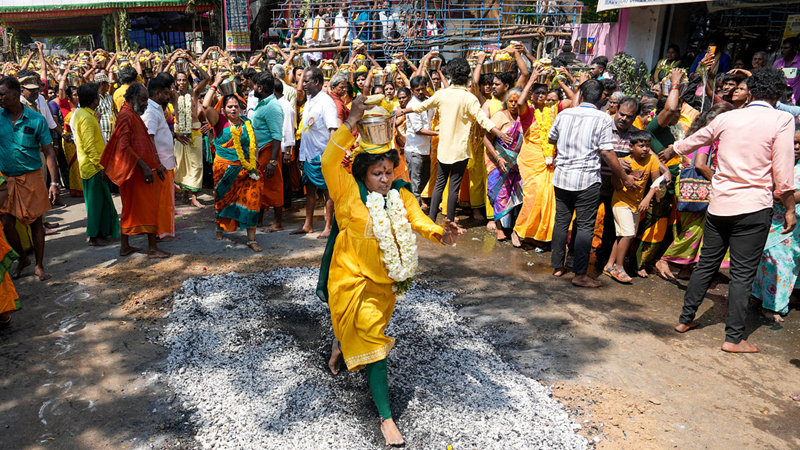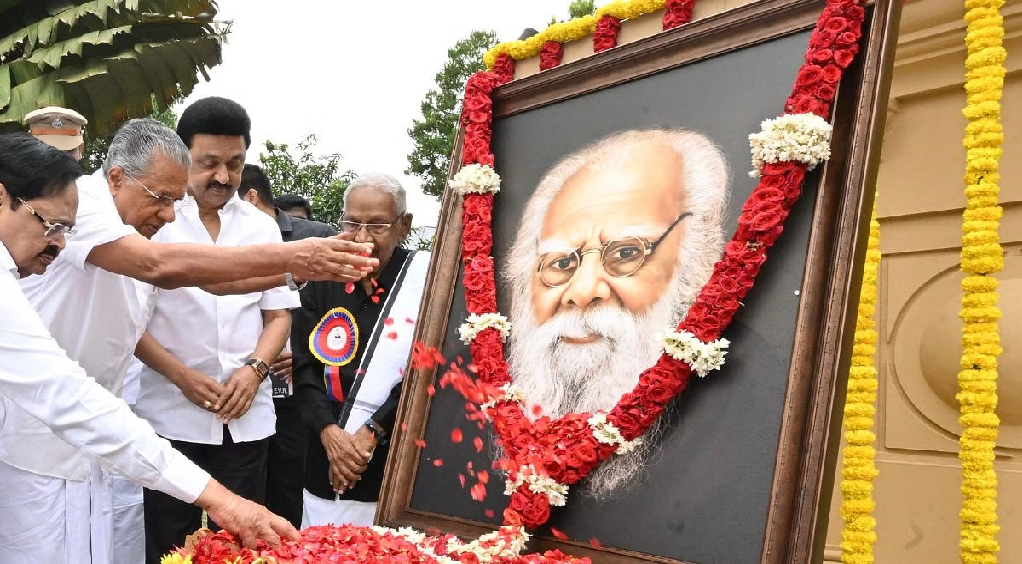
Kerala, TN CMs honour Periyar’s legacy at Vaikom Satyagraha centenary
Aneesa PA Chennai: Kerala Chief Minister Pinarayi Vijayan and Tamil Nadu Chief Minister M.K. Stalin shared the stage at the centenary celebrations of the Vaikom Satyagraha in Kottayam, Kerala. Vijayan lauded the Vaikom movement as a model of interstate cooperation, urging states to emulate the collaborative spirit of Kerala and Tamil Nadu in protecting their autonomy. Highlighting the enduring Kerala- Tamil Nadu camaraderie, he called it a testament to cooperative federalism.
The Vaikom Satyagraha (1924-1925), a landmark anti-untouchability movement, began as a local protest in Vaikom, Kottayam, for non-Brahmins to access public roads near the Vaikom Shiva temple. Spearheaded by social reformer T.K. Madhavan, the agitation gained national attention, with Mahatma Gandhi lending support. Tamil Nadu’s Periyar E.V. Ramasamy played a key role, earning the title “Vaikom Veerar” (Valiant of Vaikom). His participation marked the beginning of his ideological divergence from Gandhi, leading to his exit from the Indian National Congress and the birth of the Self-Respect Movement, which laid the foundation for Dravidian politics in Tamil Nadu. At the centenary event, Stalin noted that the Vaikom movement sparked subsequent social reform movements in India.
He highlighted Periyar’s prioritis a tion of social reform for national progress. Earlier, Stalin inaugurated a Periyar Memorial in Vaikom, funded by the Tamil Nadu government at a cost of ?8.14 crore. The memorial, built on 84 cents of land, includes a statue of Periyar, a children’s park, an open stage, a library, and a museum. Stalin also presented the Vaikom Award to Kannada writer Devanoor Mahadeva for his contributions to the welfare of oppressed communities.
Additionally, the Tamil Nadu government is constructing another Periyar memorial in Alappuzha’s Arookutty, on 54 cents of land transferred by the Kerala government. The centenary event saw participation from senior ministers and political leaders from both states, including Tamil Nadu’s Duraimurugan, E.V. Velu, and VCK’s Thol Thirumavalavan, alongside Kerala ministers V.N. Vasavan and Saji Cherian. Dravidar Kazhagam president K. Veeramani served as the chief guest. Political analyst Sathya Moorthy observed that DMK’s focus on the Vaikom agitation aligns with its broader socio-political agenda of promoting social justice.
The Vaikom agitation’s historical context extends beyond the 1924-25 period. As early as 1865, Travancore’s princely state permitted public road use by all castes, but discrimination persisted. Posters near the Vaikom Shiva temple barred non-Brahmins from accessing temple-adjacent roads. This prompted Madhavan, then editor of Malayalam daily ‘Deshabhimani’ and a member of Sree Narayana Dharma Paripalana (SNDP) Yogam, to launch a campaign. He secured Gandhi’s support during a 1921 meeting in Tirunelveli, Tamil Nadu. At the 1923 All India Congress Conference in Kakinada, Andhra Pradesh, Madhavan, along with K.P. Kesava Menon and K.M. Panicker, raised the untouchability issue, spurring Congress leaders in Kerala to plan the Vaikom agitation. On 30 March 1924, three men Kunjappi (Pulaya), Bahuleyan (Ezhava), and Govinda Panikkar (Nair) marched on the prohibited roads, formally launching the Satyagraha.
Periyar’s arrival on 12 April 1924, with 17 volunteers from Tamil Nadu, significantly bolstered the movement. His speech against caste discrimination and British rule led to his arrest. The Vaikom struggle drew support from Akali Dal leaders in Punjab, Khilafat Movement leaders, and reformists from Tamil Nadu’s Nagercoil and Kanyakumari regions.
Gandhi’s visit to Vaikom on 10 March 1925 further galvanized the movement. However, ideological differences between Gandhi and Periyar deepened. Gandhi sought caste reform within Hinduism, advocating for varna-based hierarchy, while Periyar aimed for the total abolition of caste. The movement’s persistence compelled Travancore’s government to act. On 5 February 1925, assembly member N. Kumaran moved a motion to grant all communities access to the roads.
 English daily published in Bengaluru & Doha
English daily published in Bengaluru & Doha

